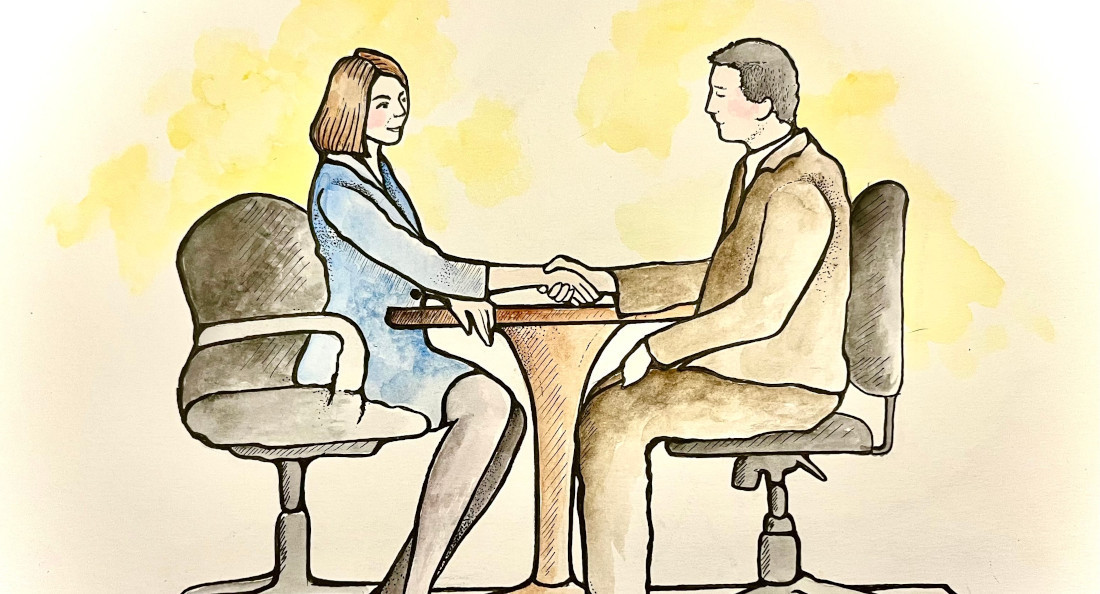U of W faculty to begin collective bargaining
Renegotiation of professors’ collective agreement three years overdue
After a tumultuous summer of senior administrator departures, University of Winnipeg (U of W) faculty and administrators are headed to the bargaining table. The parties will negotiate replacements for collective agreements governing regular academic staff (RAS) and contract academic staff (CAS), which expired in 2020 and 2019, respectively.
CAS bargaining, which began in March 2023, resumed on Sept. 12 after a threemonth hiatus. RAS bargaining begins on Sept. 28.
Canadian labour law guarantees “continuance” for the terms of expired collective agreements, but University of Manitoba (U of M) labour-studies professor Dr. Julie Guard points out that the multi-year delay in renegotiation means academic staff may not have adequate support in areas where working conditions have shifted over time.
“We’ve been through a massive pandemic, and all kinds of things have changed in our workplace,” Guard says. “(Workers) are unable to effectively discuss these things with the employer to come to a resolution about things that are not going well, because there’s no bargaining going on.”
The U of W Faculty Association (UWFA) represents faculty, whose members are divided into three bargaining units. RAS covers professors, while CAS includes contract faculty and librarians. Collegiate academic staff form the last bargaining unit, and their collective agreement doesn’t expire until 2025.
The UWFA has not commented publicly on the impacts of working under an expired contract.
However, “everyone wants to know what’s going to be coming down the pike,” Dr. Julia Smith, an assistant labour-studies professor at the U of M, says. “The uncertainty is very stressful for everybody.”
Uncertainty can also complicate recruiting new faculty, Smith says. If compensation is about to be renegotiated, the university cannot make concrete salary offers to candidates. This puts the U of W in an especially difficult position as an institution that has historically struggled to keep pace with competitors’ salary offers.
Neither the UWFA nor the administration are willing to comment on upcoming talks. While parties aren’t forbidden from speaking about bargaining, a lack of discipline around public statements can dilute the consistency of each sides’ stated positions on key issues.
Nonetheless, UWFA president Dr. Peter Miller encourages students to stay informed about the negotiations. Miller says his experience as an Ontario high-school student during the 1997 teachers’ strike drove home a message he considers equally relevant today.
“(The teachers’ strike) is a bit about them and what they want,” Miller says, “and that’s totally fair, but it’s also about ensuring that the environment in which they work is positive, which obviously then has a kind of domino effect on the environment the students learn in.”
Dr. David Camfield, a U of M labour-studies professor, points to the University of Manitoba Faculty Association (UMFA)’s 2016 and 2021 strikes as examples of student support for faculty making a difference.
“(Students) would in very particular ways online be responding to every spin that the employer was putting out there,” they say, “which was then really this egg on the face of the employer. It was really good for the morale of striking workers.”
The UWFA has never gone on strike, nor is it on track to do so. However, Camfield says even conciliatory bargaining should be viewed as more of a power struggle than an exchange of rational arguments.
“Now will be the time for faculty to try to push on both compensation and any other kinds of issues that they think are important,” he says. “That’s not just going to be something that falls from the sky. If people want to make those gains, they’re going to have to organize and push and be prepared to fight.”
Published in Volume 78, Number 02 of The Uniter (September 14, 2023)







